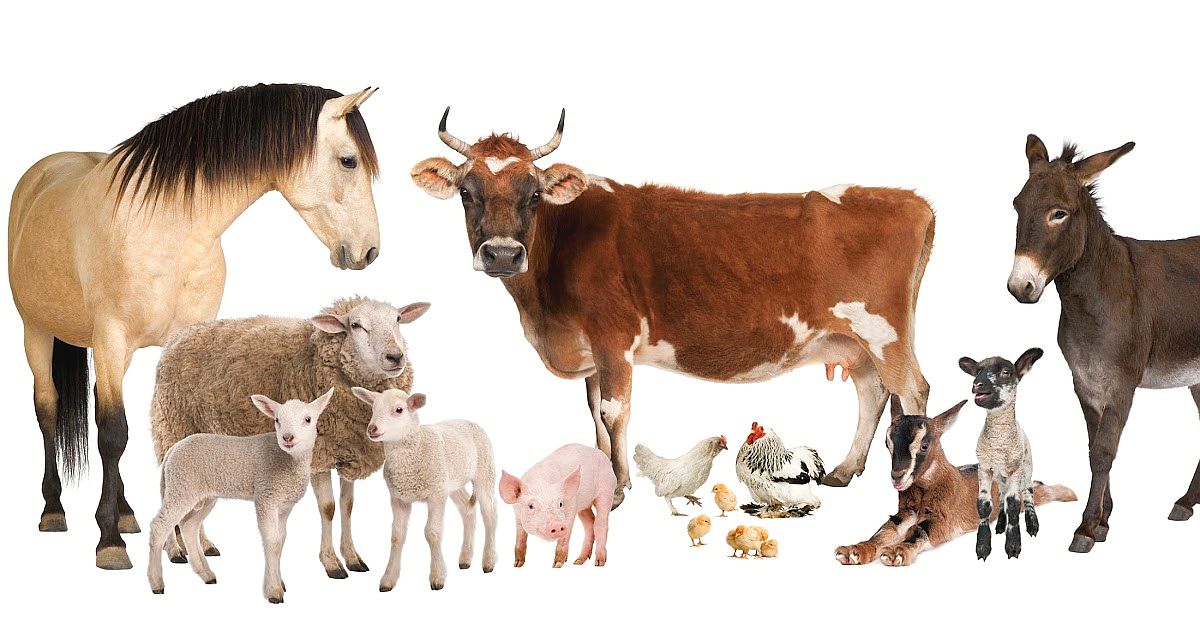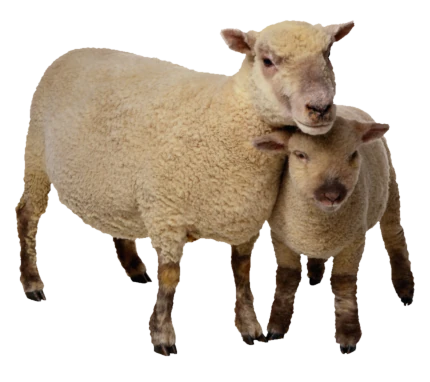As an animal advocate and vegan for over 30 years, and as a former Boulderite, I wish to address Chuck Wibby’s comment, in a Feb. 23 editorial, “Once veganism morphed from a dietary choice into a social justice/morality issue, I have tuned out vegan enthusiasts.”
Respectfully, Wibby has it backwards. Veganism mostly grew out of the animal rights movement, which is and always has been about social justice. Many people first became animal activists because of their disdain for a particular form of animal abuse, and the belief that it is immoral.
The anti-vivisection movement dates back to the 19th century; the modern animal rights movement was launched by the publication of Peter Singer’s book “Animal Liberation” in 1975. The 1980s saw tens of thousands of people take to the streets annually the day after Thanksgiving for “Fur Free Friday.” Meanwhile, anti-circus, anti-hunting, anti-whaling and other animal protection movements were gaining momentum.
Many of the 25,000 attendees at the historic 1990 March for Animals in Washington, D.C., were not vegans. The atrocities inflicted upon animals at factory farms and slaughterhouses were carefully guarded secrets back then. As more and more brave individuals sneaked cameras into industrial barns and abattoirs and exposed the gruesome realities of animal agriculture, people who care about all animals embraced vegan diets.
Why vegan rather than vegetarian? In the words of vegan Caesar Chavez:
“If you are interested in preventing animal suffering, the first thing you should give up is eggs and milk, because the animals who produce those foods lead the most unhappy lives.”
As a progressive, I believe that the root of discrimination is the idea that some lives are more important than others. This mindset is what perpetuates most social injustices. Isn’t it hypocritical to decry homophobia, racism, sexism, ageism and a host of other “isms,” and ignore speciesism? Violence is violence, whether inflicted upon a human or non-human animal. No one is perfect, but we can do our best to stop exploiting and oppressing others simply because we have the power to do so.
There are, indeed, a host of other great reasons to be a vegan. Environmental scientists conclude that animal agriculture is rapidly destroying the planet. Studies tell us that switching to a vegan diet does more to reduce your carbon footprint than trading in your large SUV for a compact hybrid. Nutritional scientists and health care professionals are learning that many human diseases are the result of eating animal products. Some common ailments are not only preventable with plant-based diets, they are reversible. The inherent and tremendous wastefulness of feeding crops to animals rather than eating crops directly is not only an environmental nightmare but also a huge contributor to world starvation. A swelling global population makes a paradigm shift to plant-based eating more critical by the day. Yet none of these issues were major factors in the establishment of the animal rights movement.
Animal activists are often accused of trying to force their beliefs on others. At the core of their actions is the desire to shine a spotlight on the hidden abuses routinely suffered by our fellow earthlings so that people can make lifestyle choices in accordance with their own ethical standards. If you won’t eat a dog or a cat, why do you eat chickens and pigs, who are equally intelligent and sentient? If you wouldn’t abuse an animal, why are you comfortable paying others to do it for you?
[Peter] Singer notes:
“It is easy for us to criticize the prejudices of our grandfathers, from which our fathers freed themselves. It is more difficult to distance ourselves from our own views, so that we can dispassionately search for prejudices among the beliefs and values we hold.”
Captain Paul Watson, founder of the Sea Shepherds Conservation Society, asks:
“If you want to know where you would have stood on slavery before the Civil War, don’t look at where you stand on slavery today. Look at where you stand on animal rights.”
Animal activists are voices for the voiceless. We are often criticized and marginalized for our beliefs and advocacy, but I have no doubt we are on the right side of history.
[Stewart David lives in Venice, Fla.]

